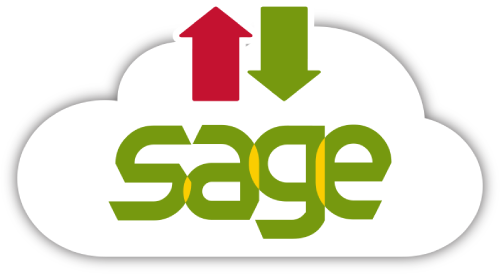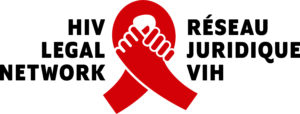The HIV Legal Network (www.hivlegalnetwork.ca) promotes the human rights of people living with and vulnerable to HIV/AIDS, in Canada and internationally, through research and analysis, advocacy and litigation, public education and community mobilization. The Legal Network is Canada’s leading advocacy organization working on the legal and human rights issues raised by HIV/AIDS.
RESOURCES
Criminal Law and HIV/AIDS: Final Report
Publication date: 1996The Final Report and its appendices review the cases of criminal prosecution that have arisen in Canada; the academic commentary; policy recommendations from various groups and organizations; proposed amendments to the Criminal Code; and the comments on the...
Courting Rights: Case Studies in Litigating the Human Rights of People Living with HIV
Publication date: 2006This publication summarizes selected cases in three thematic areas where there has been considerable litigation aimed at protecting and promoting the human rights of people living with HIV, namely:HIV-related discrimination;access to HIV-related treatment; andHIV...
Complementary Alternative Healthcare and HIV/AIDS: Legal, Ethical and Policy Issues in Regulation
Publication date: 2002The paper:discusses the difficulties in defining the precise scope of the field of complementary and/or alternative medicine;reviews the available evidence regarding the use of CAM by Canadians generally;reviews the available evidence regarding the use of CAM by...
Compulsory Drug Treatment in Thailand: Observations on the Narcotic Addict Rehabilitation Act B.E. 2545 (2002)
Publication date: 2009This paper has two main objectives. The first objective is to provide a general overview of Thailand’s Narcotic Addict Rehabilitation Act, B.E. 2545 (2002) (“the Act”) and the system of diversion into compulsory drug treatment that the Act has...
Establishing Safe Injection Facilities in Canada
Publication date: 2002The paper demonstrates that promoting the well-being of both drug users and communities requires changes to drug laws and policies, including the introduction of safe injection facilities.
Points de friction : obstacles à l’accès aux programmes de seringues au Canada
Publication date: 2007Les programmes de seringues (PS) sont une méthode éprouvée et efficiente pour réduire la transmission de virus à transmission hématogène, comme le VIH et le VHC (virus de l’hépatite C), parmi les personnes qui font usage de drogue. Ces programmes...
Sticking Points: Barriers to Access to Needle and Syringe Programs in Canada
Publication date: 2007Needle and syringe programs (NSPs) are a proven, cost-effective way of reducing the transmission of bloodborne viruses such as HIV and Hepatitis C (HCV) among people who use drugs. They do not result in increased crime in neighbourhoods nor do they lead to drug use....
A Helping Hand: Legal Issues Related to Assisted Injection at Supervised Injection Facilities
Publication date: 2007According to the current legal framework and professional guidelines in Canada, safe injection facility (SIF) staff cannot assist clients in the administration of their drugs and SIF clients cannot help each other inject. However, recent evaluations show that the HIV...
After Cuerrier: Canadian Criminal Law and the Non-Disclosure of HIV-Positive Status
Publication date: 1999The Report provides an overview of the Cuerrier decision. Based on the judgment, the Report then attempts to provide some answers (where possible) as to when an HIV-positive person may risk criminal prosecution if they do not disclose their status, looking at the...
Récente modification de la procédure de demande de visa de visite au Canada, touchant l’entrée des personnes vivant avec le VIH/sida
Publication date: 2005Ce travail s’inscrit dans des efforts plus vastes et soutenus pour assurer que les personnes vivant avec le VIH/sida, et en particulier de pays en développement, ne rencontrent pas d’obstacles superflus dans leur projet de visiter le Canada pour le Congrès...

